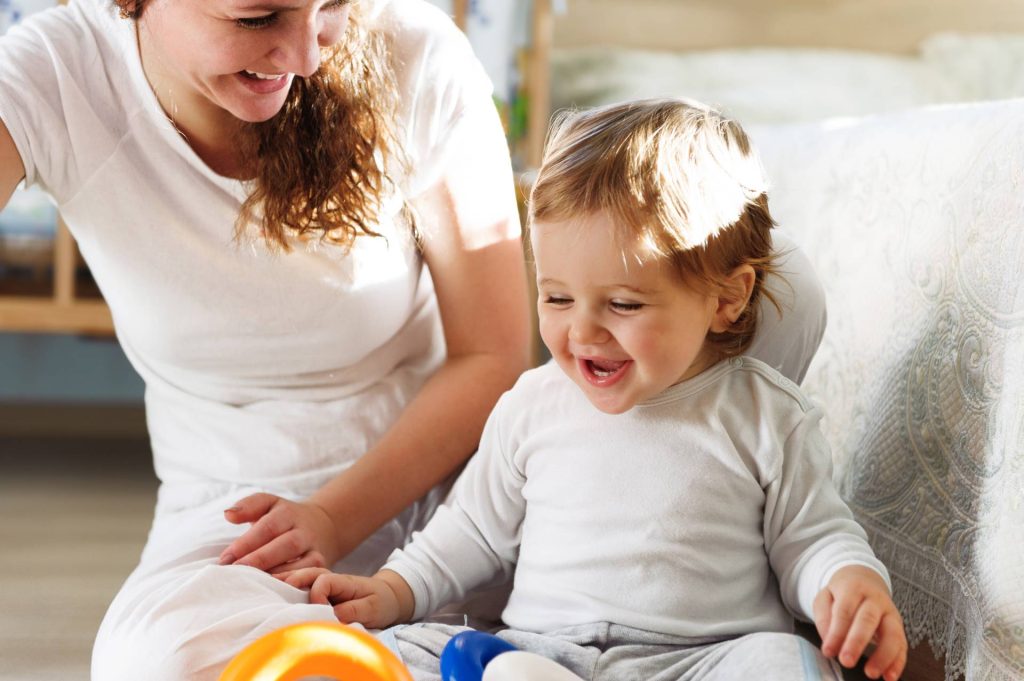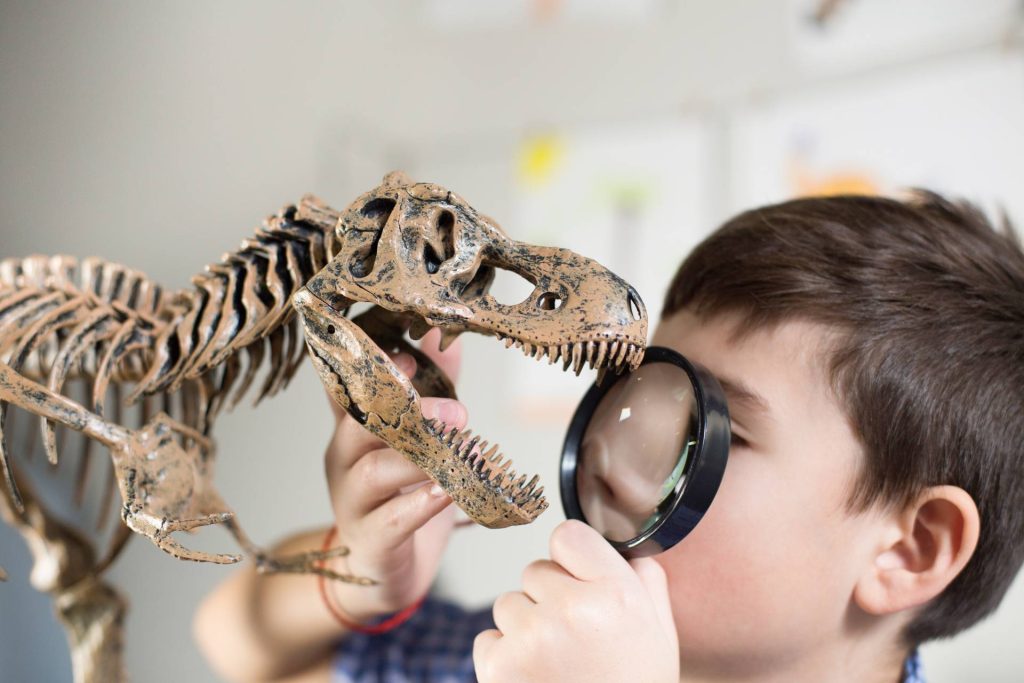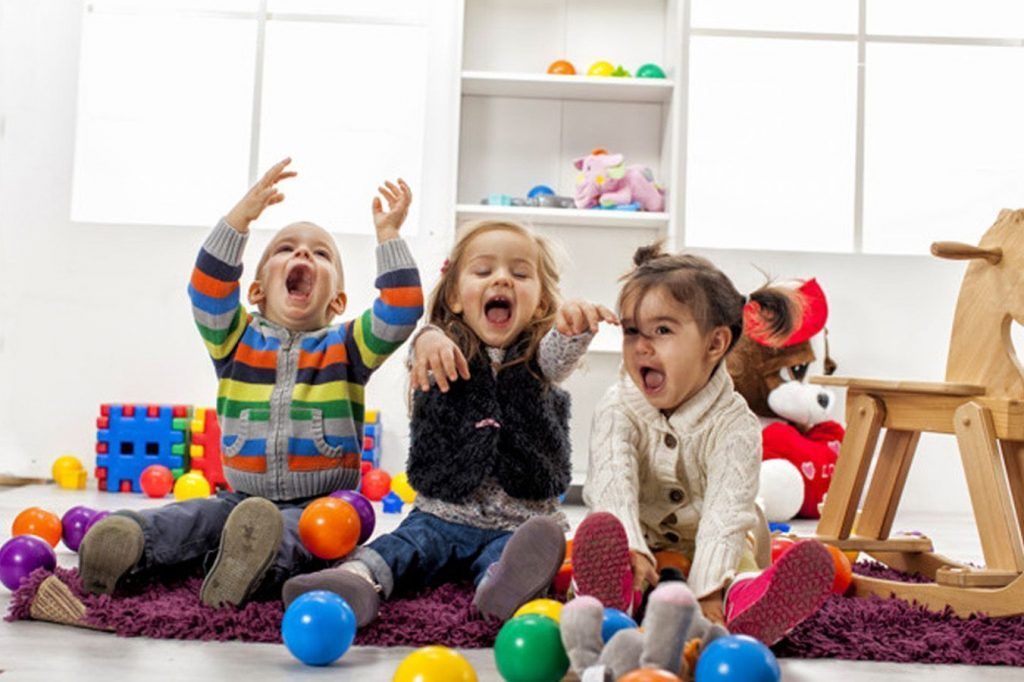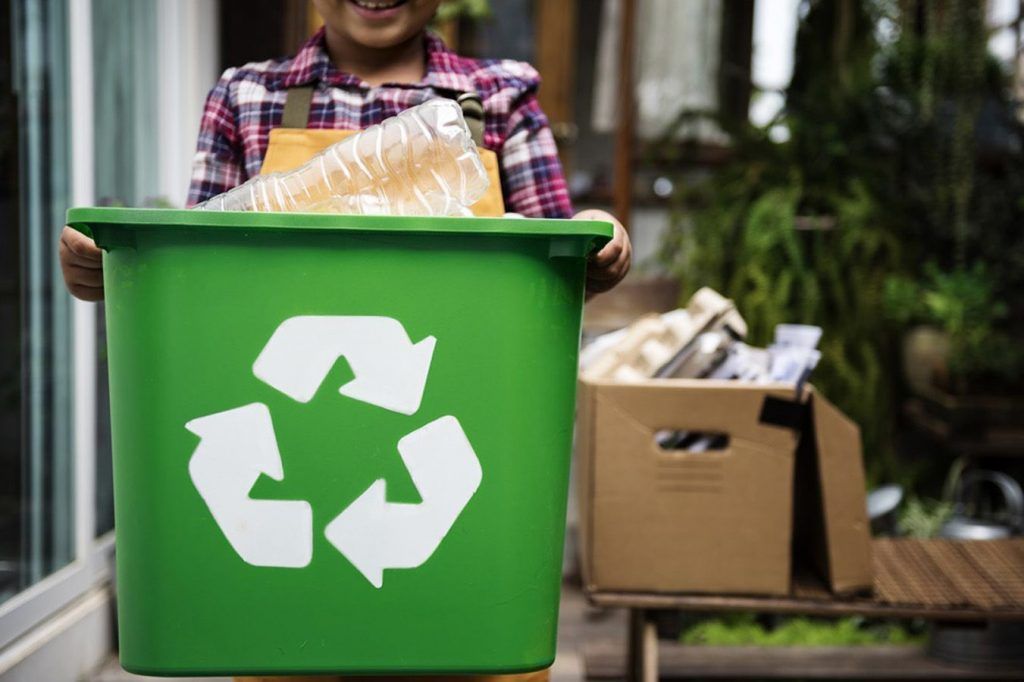Why it is important to be true playmates for our children
What is the significance of play for children? Play for children is not a pastime, but a job, it is their main activity. Children momentarily abandon reality, with its rules, to enter a world of fantasy in which every wish can be fulfilled. Play is fun, exploration of the world, adventure and self-discovery, exercise of one’s individual capacities, an opportunity to learn, a way to release nervous tension, a way to discharge strong emotions such as fear, anger, anxiety and joy. It is best if the game is played with one’s parents.
For Piaget, play development correlates with mental development, stating that: “play is the primary instrument for the study of the child’s cognitive process, it is the most spontaneous habit of infantile thought. Play stimulates memory, attention, concentration, encourages the development of perceptual patterns, comparison and relational skills. A lack of playful activity therefore reflects serious deficiencies in the child’s cognitive abilities.
According to Piaget, three stages of development of playful behaviour can be identified.
Exercise games prevail in the first year of life, in the so-called ‘sense-motor’ phase during which the child, through grasping, rocking, bringing objects to its mouth, opening and closing its hands, learns to control movements and coordinate gestures. Play becomes a way for babies to get to know their environment. It is precisely in this period that the mother becomes the first playmate, in fact through the exploration of his own body and that of his mother, the child begins to understand where he ends and the mother begins, perceived until then as part of himself.
Symbolic games characterise the period between two and six years of life. They are part of the so-called “representational” phase, in which the child acquires the ability to represent a non-actual situation through gestures or objects. The capacity for imagination and imitation is therefore developed. In fact, children reproduce experiences that they have seen but not yet experienced directly. For example, children imitate the behaviour of adults, play at being mum or dad by wearing their clothes, or relive emotions experienced with their reference figures.
Finally, games with rules emerge between the ages of seven and eleven, in the so-called social phase, characterised by a greater adherence to reality. Games become group games with rules, allowing the child to experience being with others through structured games.
It is evident how much playing with parents is, for the child, an opportunity to build bonds of intimacy with the people who are most important to him. In fact, it is easy to see the enthusiasm with which children react to their parents’ willingness to play with them, they are very happy about it and this allows them to strengthen their sense of security and protection.
The ability of parents to play with their children is certainly a good indicator of family harmony and provides the children with a feeling of psychological wellbeing, as well as being the basic condition for developing good play skills. On the contrary, the absence of play in a child’s life is often seen as a sign of discomfort or inner malaise that should be investigated and observed professionally.
Nowadays it often happens that, because of pressing commitments, there is a risk of devoting little time to play with one’s children. It is instead essential to recover space and time for play because it is mainly through play that the deepest communication between adults and children takes place. You don’t need expensive or elaborate toys, just simple objects that stimulate the child’s natural imagination and allow you to create, to learn, to imitate, to learn to be together, to face fears, to give voice to desires, to learn to manage emotions.










